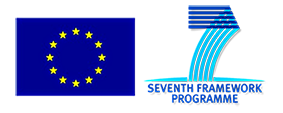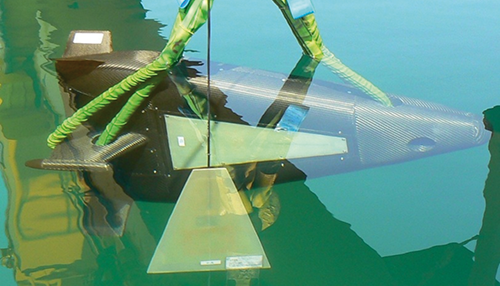DIRECTION
Demonstration of very low energy new buildings


Other - Green Building
Framework of demonstration and dissemination of very innovative and cost-effective energy efficiency technologies for the achievement of very low energy new buildings
This framework is based in three pillars:
Three new buildings will be used as pilots, deploying in each one a set of very innovative measures, constructive elements for energy optimization, high efficient equipment and advanced energy management. All the above allows to enhance the overall energy efficiency of the building in order to achieve consumption (primary energy) lower than 60 kWh/(m2yr).
It is expected an important impact in building sector, in particular in new buildings, in the following four main areas:
CARTIF | DRAGADOS | Fraunhofer IBP | FACIT | Domagk Gewerbepark | 1A Ingenieros | Studio Lucchin | EnginSoft | youris.com

Funding Scheme FP7 Collaborative Project | Call identifier EeB.ENERGY.2011.8.1-1


4 years
January 2012 - December 2015
EnginSoft Spa
Angelo Messina
11

Some of our competences in research and technology transfer

Research project
The main objective of SHINE PV is to develop alternative technological routes to mainstream advanced photovoltaic (PV) production at lower costs and create opportunities for the differentiation of EU manufacturers (cells, modules, equipment and materials) to enhance their competitiveness on the global PV market.

Research project
Aligned with Europe’s green transition, GeoS-TECHIS supports the EU's "Fit for 55" climate goals by integrating renewable energy, improving efficiency, and fostering the circular economy. Adhering to the European Commission’s "Do No Significant Harm" principle, the project advances environmental sustainability, innovation, and economic growth.

Research project
Production of components made of composite material, equipped with wireless communication systems capable of operating correctly in environments hostile to radio frequency.